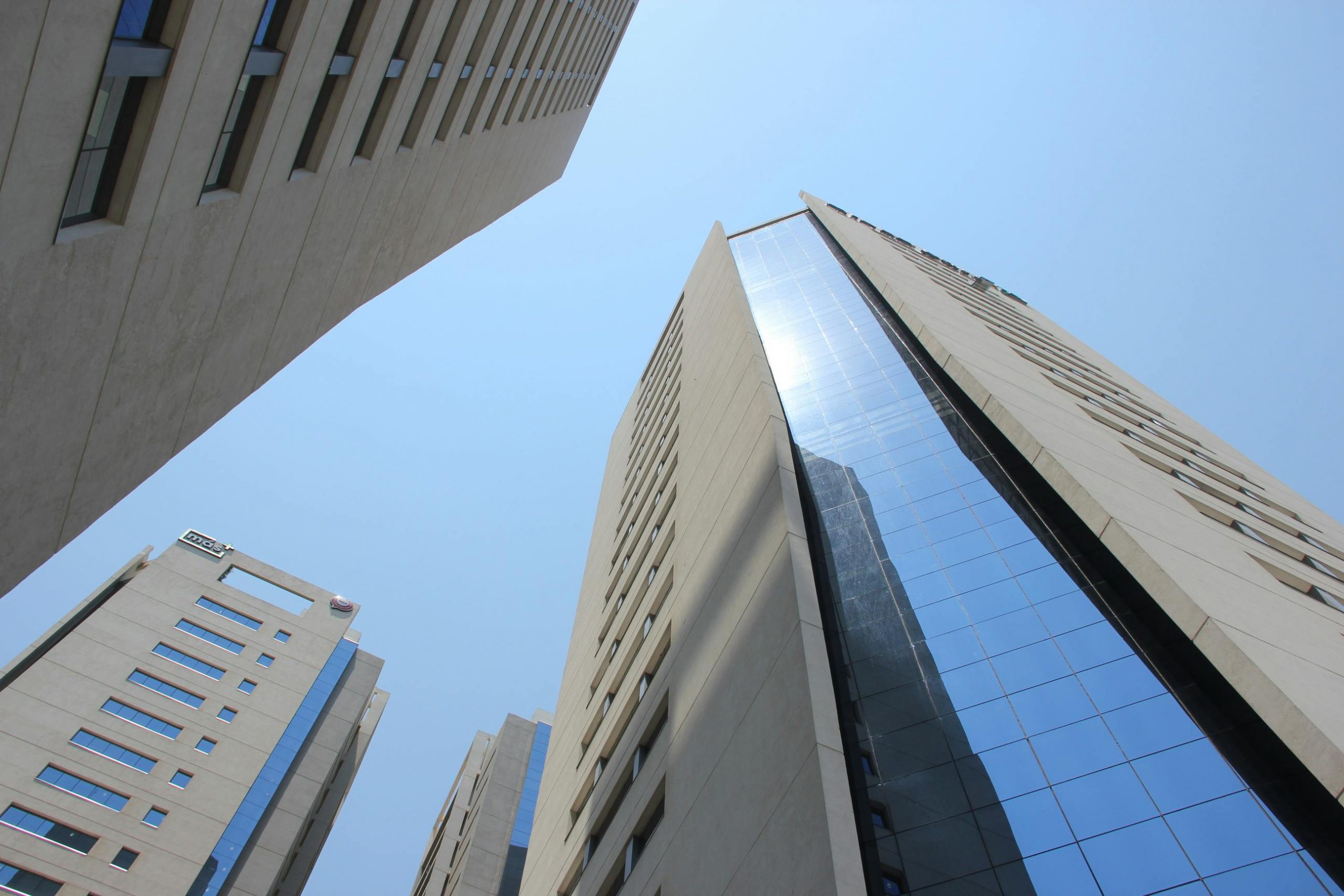A Transformative Shift in Paraguay’s Gambling Landscape
A new chapter is unfolding for Paraguay’s gambling sector. According to Carlos Liseras, President of Conajzar, tax revenues are set to surpass previous forecasts significantly.
A recent legislative milestone, Law No 7348/2025, signed on Wednesday, marks a substantial revamp of Paraguay’s gambling laws. This reform amends the existing framework established by Law No 1016/1997, paving the way for private operators in games of chance, both online and offline.
As of late 2024, Paraguay took decisive steps to dismantle its gambling monopoly. The Chamber of Deputies approved crucial amendments allowing competition in a market previously dominated by public tenders for game operations.
The impetus behind these new regulations is to modernize and streamline Paraguay’s gambling landscape, enhancing transparency while instilling a robust regulatory mechanism.
The establishment of the National Gaming Commission (Conajzar) as a decentralized authority under the National Directorate of Tax Revenue (DNIT) is a significant part of these changes. This regulatory body aims to strengthen oversight while ensuring competitiveness in the market.
Prioritizing Player Safety
The new legislation opens doors for private companies to participate in Paraguay’s gambling sector—previously accessible only through a stringent tendering process.
Liseras points out that attracting private operators is feasible due to Paraguay’s favorable environment, which includes a streamlined tax structure and burgeoning appeal as a tourist destination. He emphasizes that safeguarding minors from the adverse effects of illegal gambling substantially motivated these law changes.
In Liseras’ words: “Ensuring protection for both foreign and national investors in authorized gaming ventures fosters a sense of legal security.”
Clarifying Roles and Responsibilities
The revised law delineates Conajzar’s functions clearly, such as regulating and approving games of chance while enforcing compliance at national, departmental, and municipal levels. The commission is empowered to introduce new gambling formats and hold accountable those who act outside legal boundaries.
Conajzar will work alongside the DNIT to manage the licensing and oversight processes effectively, ensuring rigorous standards are maintained. Notably, a DNIT representative will chair the commission, with additional participation from local government and social welfare entities.
The DNIT will also conduct thorough evaluations of the regulations proposed by Conajzar. Without DNIT’s green light, licensing processes will be deemed invalid.
In 2024, Paraguay’s state revenue from gambling soared to PYG175.8 billion (approximately $21.9 million), with Liseras optimistic that these numbers will rise dramatically now that Conajzar operates under the DNIT’s auspices.
He notes, "We anticipate that contributions could double, or even exceed these estimates, particularly with our enhanced capacity to combat illegal gambling, thereby minimizing tax evasion that harms the nation."
New Standards for Bidders
For potential licensees, the establishment of new terms and conditions is crucial. Operators must demonstrate relevant experience and financial stability, while also being free of legal debts domestically and internationally.
The upcoming regulations will stipulate that electronic gaming machines and systems comply with standards set by Conajzar, certified by an accredited inspection entity. Additionally, gambling establishments must maintain a minimum distance of 200 meters from educational institutions.
A Promising Future for Paraguay
Liseras envisions that these reforms will tremendously benefit Paraguay’s gambling sector and bolster state revenues while protecting consumers from illicit operators. The regulatory body will maintain constant communication with both established and new market participants.
"To further optimize operations and enhance regulatory oversight, we are forging partnerships with other state agencies," Liseras adds, indicating an intention to expand collaborative efforts with international institutions.
These regulatory advancements point toward a dynamic and secure gambling environment in Paraguay, one that promises growth and accountability.
